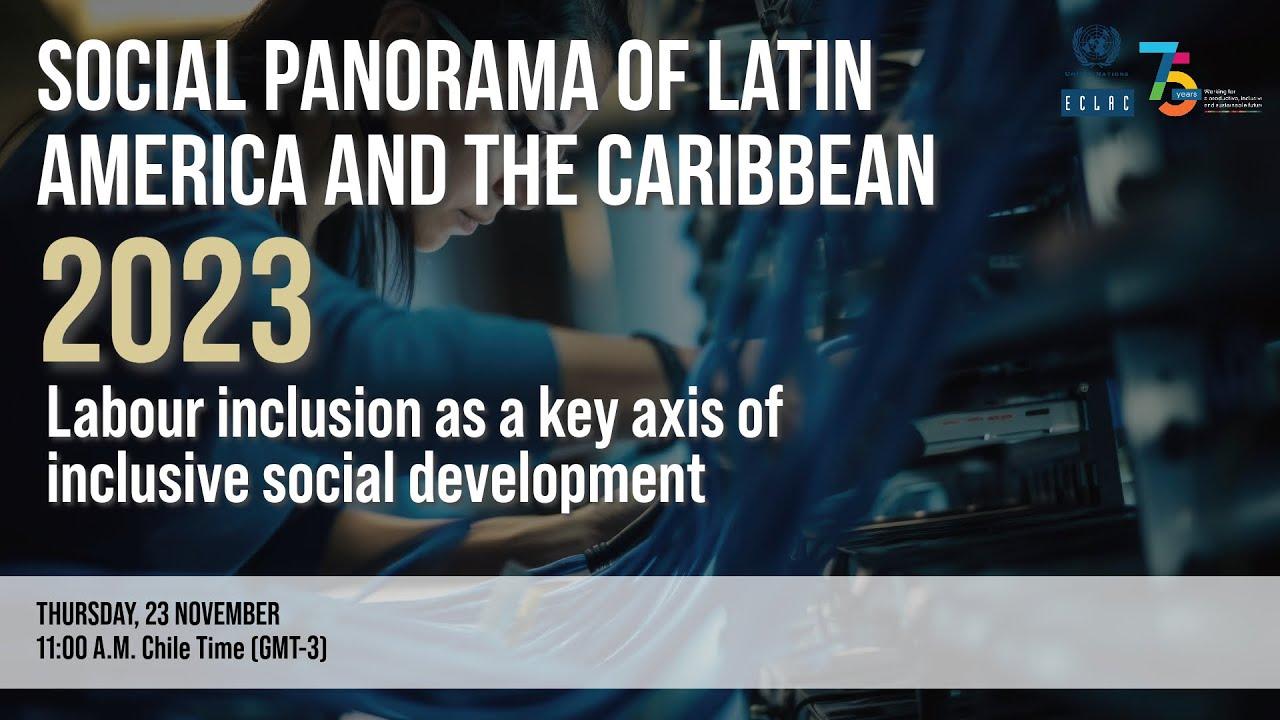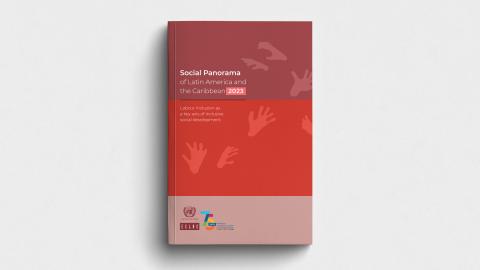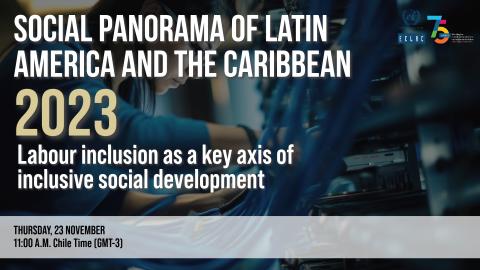video
(28 August 2012) As they opened the thirty-fourth session of the Economic Commission for Latin America and the Caribbean (ECLAC), the Executive Secretary, Alicia Bárcena, and the President of El Salvador, Mauricio Funes, agreed that structural change is the path to growth with equality in the region.
According to Ms. Bárcena "We are meeting here today in El Salvador driven by a cautious ambition. We are bringing a proposal and a brave challenge, based on structural change for equality, which means qualitatively transforming the region's production structure to strengthen knowledge-intensive activities and sectors in order to generate a higher number and quality of jobs".
President Funes stated that "inequality leads to economic instability. There can be no true and full development without equality". He added: "It is impossible to boost a country's progress without a change towards progressive income distribution".
Ms. Bárcena explained that "In ECLAC we emphasize the need to form a new relationship between the State, the market and society to include fiscal and social covenants that would confer legitimacy and resources on this process of structural change".
She declared "Structural change is the path, policy is the instrument and equality is the basic objective".
In her address to delegates from the 44 ECLAC Member States and eight associate members, Ms. Bárcena recognized that Latin America and the Caribbean had stepped up efforts for regional integration and cooperation.
This is why ECLAC works with the Community of Latin American and Caribbean States (CELAC), the Union of South American Nations (UNASUR) and the Bolivarian Alliance (ALBA), as well as attempting to strengthen cooperation with the Caribbean Community (CARICOM), the Association for Latin American Integration (ALADI), the Southern Common Market (MERCOSUR) and the Central American Integration System (SICA).
She said that "We consider the creation of new organizations over the past decade to promote integration and cooperation as progress. It is another step closer to achieving one of ECLAC's most cherished dreams: regional integration".
As she thanked President Funes and the Salvadoran people for hosting the thirty-fourth ECLAC session, Ms. Bárcena recalled that it was the 20th anniversary of the peace process that ended the violence and established democracy in the country.
The Salvadoran leader stated that "My Government fully agrees with ECLAC on a long-term focus and planning, the need for productive transformation, a strategic commitment to equality and the construction of a State at the service of democracy and development".
He added: "I agree with Alicia (Bárcena) when she calls on us to rethink the market-society-State relationship. I also agree that we cannot continue weakening our States, even at a time when we must also commit to strengthening citizen participation".
The ECLAC Executive Secretary assured participants that, despite the international turmoil in Latin America and the Caribbean, there remained a positive spirit: "We have learned to be prudent in terms of the macroeconomy and progressive in terms of social policy, by implementing various anti-cyclical measures (from moderate temporary ones to structural ones) that have avoided irreversible social costs".
Over the past two decades, the region's States have reduced the number of people living in poverty from 48.4% (1990) to 30.4% (2011). Extreme poverty fell by almost 10 percentage points from 22.6% to 12.8%. The quantity and quality of jobs also increased.
She warned: "However, we have regional legacies that perpetuate inequalities and exclusion mechanisms. There remain rigid production gaps and limited social mobility in low-productivity groups".
On behalf of the Government of El Salvador, the Minister of Foreign Affairs, Hugo Martínez welcomed the Executive Secretary, Alicia Bárcena, ECLAC delegates, representatives from the Legislature, academics, business leaders and guests at the start of the thirty-fourth session.
The meeting, which will end on Friday 31 August, will discuss the document Structural change for equality. An integrated approach to development, which suggests a path to growth with equality and environmental sustainability.
On Tuesday afternoon, the subsidiary bodies of ECLAC - the Statistical Conference of the Americas, the Regional Conference on Women in Latin America and the Caribbean and the ECLAC Ad Hoc Committee on Population and Development - will present their 2010-2012 reports of activities.
On Wednesday, the South-South Committee will meet, while on Thursday there will be a High-level seminar on structural change for equality: an integrated approach to development. On Friday, the session will close after a Senior authority dialogue.
See also:
For exclusive interviews and queries, please contact María Amparo Lasso, Head of the ECLAC Public Information and Web Services Section. E-mail: prensa@cepal.org - mariaamparo.lasso@cepal.org; Mobile: (56 9) 79678306 - Office: (56 2) 2102040; Daniela Estrada. E-mail: daniela.estrada@cepal.org; Mobile: (56 9) 81993349; or María Luisa Díaz.
E-mail: marialuisa.diaz@cepal.org; Mobile: (56 9) 66079429.
Follow us on: Twitter, Facebook, Flickr and YouTube



